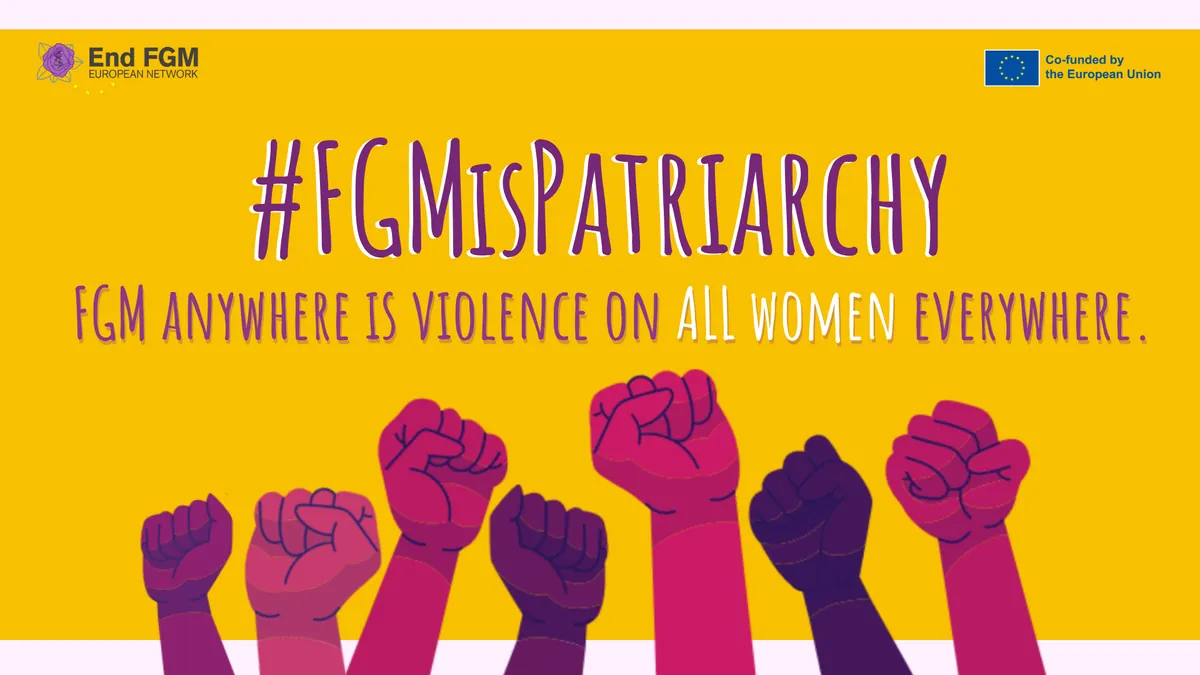British Man Jailed for FGM Conspiracy in Landmark Case
A 47-year-old man received a 4.5-year prison sentence for conspiring to subject a young girl to female genital mutilation in Iraq. This marks the first conviction of its kind in England and Wales.

In a groundbreaking case, a British court has sentenced a man to 4.5 years in prison for conspiring to commit female genital mutilation (FGM) on a young girl. This marks the first conviction of its kind in England and Wales, highlighting the ongoing efforts to combat this harmful practice.
Emad Kaky, a 47-year-old resident of Swansea, Wales, was found guilty of arranging for a child to travel to Iraq with the intention of subjecting her to FGM and forced marriage. The plot was thwarted when a witness intervened, returning the girl to Britain and alerting authorities.
FGM, which has been illegal in England and Wales since 2003, involves the injury or alteration of female genital organs without medical justification. The World Health Organization (WHO) emphasizes that FGM offers no health benefits and can lead to severe complications, including excessive bleeding, shock, psychological trauma, and even death.

This case sheds light on a practice that has affected over 200 million girls and women worldwide. FGM has been performed for more than two millennia, primarily in certain regions of Africa, the Middle East, and Asia. In some countries, the prevalence rates reach as high as 98%.
The Crown Prosecution Service (CPS) presented evidence during the 10-day trial at Nottingham Crown Court, including travel bookings made by Kaky and incriminating messages on his phone where he defended his plans as "normal."
"The law is clear that there is no place for this unacceptable practice in society. Where there is evidence that people have plotted to commit these offences, they face prosecution, whether or not they succeed."
This conviction represents a significant step in the fight against FGM, which is internationally recognized as a human rights violation. The United Nations General Assembly adopted a resolution to eliminate FGM in 2012, and many countries have developed national action plans to end the practice.
Despite laws against FGM, enforcement remains challenging in many regions. Education and outreach programs have shown effectiveness in reducing FGM rates in some areas. It's crucial to note that FGM is often motivated by misguided beliefs about proper sexual behavior and marriageability, rather than any religious mandate.
The case against Kaky also resulted in a conviction for forced marriage, further emphasizing the interconnected nature of these harmful practices. As global efforts continue to combat FGM, this landmark case serves as a reminder of the importance of vigilance and legal action in protecting vulnerable individuals from such abuses.


































